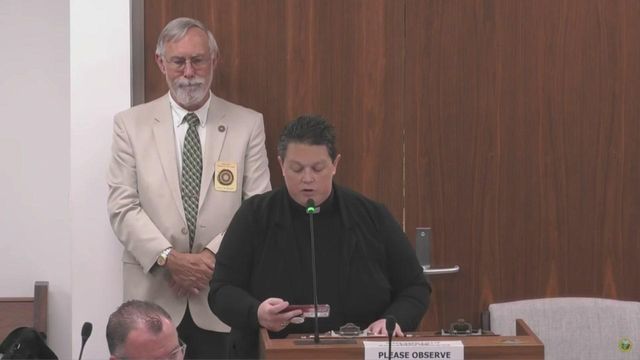Raleigh lawyer accused of stealing money from client

Wake County District Attorney Lorrin Freeman has asked the State Bureau of Investigation to look into possible criminal conduct by a high-profile Raleigh defense attorney.
The North Carolina State Bar filed a complaint last month against Johnny Gaskins, alleging that he forged the signatures of his clients on a $23,000 settlement check in a 2015 traffic accident and deposited the money in his personal bank account. The complaint alleges that Gaskins never informed the clients of the settlement, instead telling them that it could take up to two years to settle their injury claims.
The complaint alleges Gaskins' actions violated several rules of professional conduct for attorneys, and the State Bar is seeking disciplinary action against him.
No criminal charges have been filed in the case, and no date has been set for a State Bar hearing on the matter.
Gaskins didn't return phone calls Thursday seeking comment.
Gaskins has represented such clients as Amanda Hayes, who was convicted three years ago of helping her husband kill his ex-wife, Laura Ackerson, and dispose of her dismembered body in Texas; Adam Sapikowski, who pleaded guilty in 2008 to killing his parents and leaving their bodies in the family's Chapel Hill home while he went to his high school prom; Tony Johnson, who was involved in a shooting at a 2004 tailgate party at a North Carolina State University football game that left two men dead; and Kawame Mays, who killed Raleigh police Officer Paul Hale in 1997.
The State Bar complaint isn't Gaskins' first legal problem. He was convicted in 2010 of trying to evade Internal Revenue Service rules by structuring bank deposits to avoid reporting requirements. He spent one day in jail, nine months in a halfway house and three years on probation in that case.











